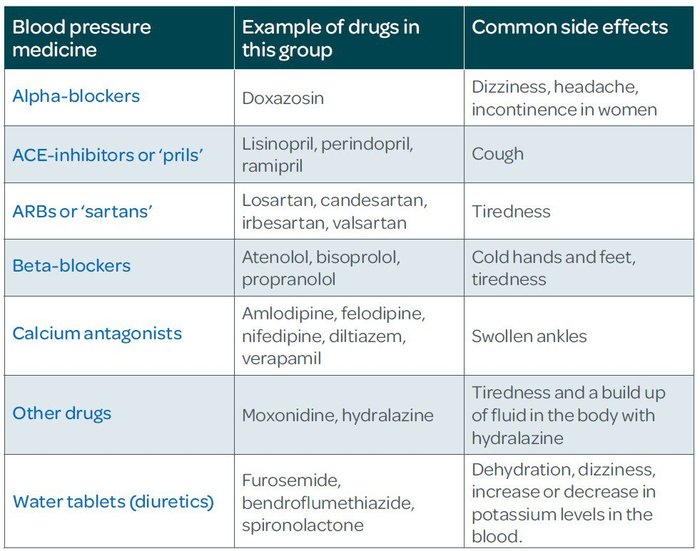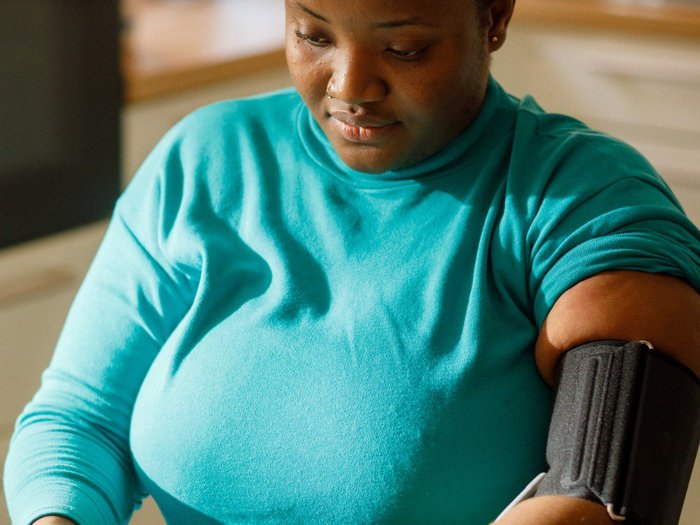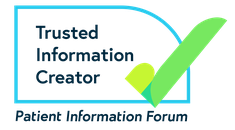High blood pressure is common in people with kidney disease.
Most people with high blood pressure will eventually need medicines to treat it, which also helps protect your kidneys from further damage.
People with kidney disease are at a higher risk of having heart attacks and strokes. One of the best treatments for this is to treat high blood pressure.
Why do I need to take different types of medicines for high blood pressure?
There are many medicines available to reduce blood pressure. Your doctor will have chosen those most suitable for you. A combination of a few medicines is often needed to reach your target blood pressure.
High blood pressure may not make you feel unwell, but it can cause other health problems and damage your kidneys, so it is important to continue taking your medicines even if you don’t feel any different. Talk to your doctor if you have any side effects.
What types of medicines might I need?
Some commonly used medicines for blood pressure are listed in the table. They will be prescribed to you as tablets. Speak to your doctor or pharmacist if you are taking a medicine that is not listed here.

I’m on different medicines from those in the table – is that ok?
Yes. There are many different types of blood pressure medicines.
Although some are more commonly prescribed, sometimes there are special reasons to use different medicines, particularly if your blood pressure is difficult to control, there are special circumstances such as pregnancy, or you have had side effects with the medicines.

I feel dizzy – is that a side effect?
Like any medicine, blood pressure tablets can have side effects.
Many of these side effects are not dangerous and often get better with time. If you do have side effects, it is important not to stop all of your medicines suddenly as this can lead to your blood pressure increasing. Make sure that you talk to your doctor or nurse to advise you.
A common effect of blood pressure tablets is feeling dizzy when you stand up. This can last a few seconds or longer. It is helpful to try not to stand up too quickly and make sure you have a blood pressure check to keep an eye on your blood pressure as sometimes changes in the type of medicine and dose can help.
My doctor mentioned ‘Sick Day Rules’. What does that mean?
Taking certain medicines when you are unwell can lead to more severe illness. ‘Sick Day Rules’ is advice about how to take your medicine if you are unwell and become dehydrated.
Your doctor or nurse may suggest that you stop some of your medicines. Dehydration occurs if you are unable to drink fluid or have diarrhoea or vomiting. You should stay off these medicines until you are eating and drinking normally for at least 48 hours.
Examples of blood pressure medicines you may be advised to stop:
- ACE-inhibitors
- ARBs
- Diuretics (‘water tablets’)
Other medicines you may be advised to also stop taking:
- Metformin
- Tolvaptan
- SGLT-2 inhibitors (‘flozins’)
How should I take my blood pressure medicines with haemodialysis?
Sometimes blood pressure medicines can cause your blood pressure to fall too low during haemodialysis.
If this happens, the type of blood pressure medicine you are prescribed may be changed, or you may be advised to change the time when you take your medicines, for example, taking them at night if you have dialysis in the morning.

Looking after your medicines
You should store your medicines in their original packet in a cool, dry place, out of the sight and reach of children.
Do not get rid of any expired or unwanted tablets by flushing them down the toilet, or throwing them away. Take them to your local pharmacy who will dispose of them for you.
Always consult your GP, kidney doctor or pharmacist before changing or starting any medications.
Specific information on different types of medications can be found on our website and in our patient information leaflets or on the NHS Medicines A to Z website.
Where can I find more information about blood pressure and kidney disease?

Publication date: 07/2023
Review date: 07/2026